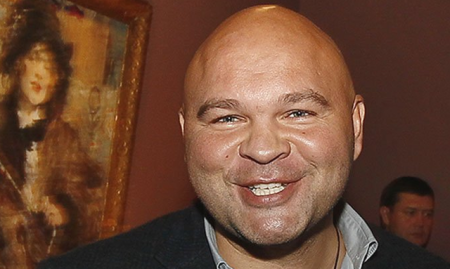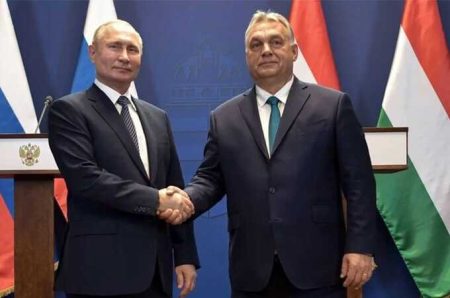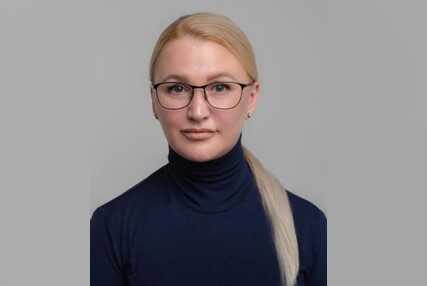Roskomnadzor is planning to limit access to Facebook in response to the blocking of Russian media outlets. The exact method of restriction has not been specified, but experts believe that the speed of access to the social network will be slowed down, similar to what happened with Twitter previously.
Roskomnadzor announced that they will partially restrict access to the social network Facebook (owned by Meta Platforms, Inc.), according to the agency’s website.
The message states that Roskomnadzor, in accordance with the law, is taking measures to partially restrict access to Facebook, as per the decision of the Prosecutor General’s Office regarding the social network.
The department says that the restriction is a result of Facebook's limitation of official accounts of Russian media, which goes against Russian law. Roskomnadzor demanded that the restrictions on Russian media accounts be lifted, and the reasons for their imposition be explained, but the company ignored these demands.
As a result, the Prosecutor General’s Office, in agreement with the Foreign Ministry, recognized the social network's involvement in violating fundamental rights and freedoms of Russian citizens.
RBC sent requests to both Facebook and Roskomnadzor for comments.
For almost a year, Roskomnadzor has been slowing down access to Twitter as a partial restriction. This is being done with the help of special equipment, as mandated by the “sovereign Runet” law, and it is in response to the platform failing to remove content banned in Russia.
Facebook was sanctioned under the law against foreign social networks and IT resources for discriminating against Russians. This law came into force at the end of 2020 and allows the Prosecutor General, in agreement with the Ministry of Foreign Affairs, to assign the status of “involved in violations of fundamental rights and freedoms” of Russian citizens. One reason for applying this law is to limit the dissemination of “publicly significant information.” Upon notification from the Prosecutor General, Roskomnadzor can choose to partially or completely block the information resource.
The authors of the law, including United Russia deputies Alexander Khinshtein and Anton Gorelkin, Communist Party deputy Alexander Yushchenko, and Senator Alexei Pushkov, explained that the initiative stemmed from complaints from RIA Novosti, RT, and Krym-24 TV channels about restrictions imposed by Western IT platforms.




